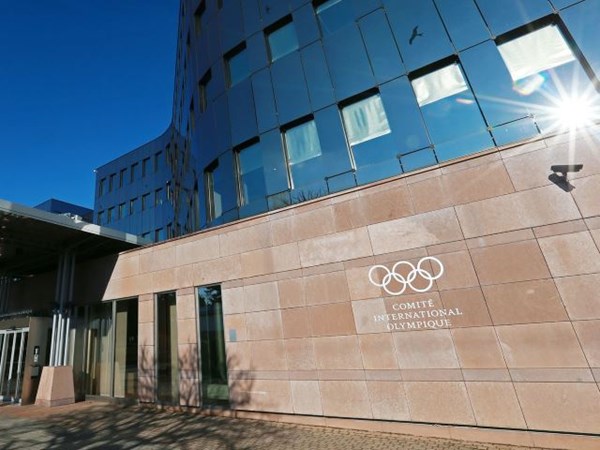Russia wants to demand a restructure of the IOC after PyeongChang Olympics
The Chairperson of the Upper House (Federation Council) of the Russian Parliament, Valentina Matviyenko, has stated that after the PyeongChang 2018 Olympics, Russia will demand a revision of the powers and the composition of the International Olympic Committee (IOC), as reported by RBC news agency, citing a statement from the press service of the Federation Council.
Matviyenko’s comments followed a statement from the IOC that the committee was going to appeal the ruling of the Court of Arbitration for Sport (CAS) in Lausanne reinstating 28 Russian athletes.
The Federation Council’s Chair stressed that the best Russian athletes had been banned from the competition. “We could slam the door and would have been right, because it is surely illegal and unfair. But we did not do this because this would bring the Olympic movement another step closer to ruining the intent of the IOC itself,” she said. To avoid this, Matviyenko said, Russia would “comply with all the demands of the IOC” but at the same time would “continue defending the rights of Russian athletes who had been banned.”
According to Matviyenko, after the 2018 Olympics, Russia, as one of leading members of the Olympic movement, “must take all measures to change this disgraceful practice of management of the international sport and to revise the authorities and the powers of the IOC to make sure its decisions are based on pure facts and evidence,” the official statement read.
These measures will include “revising the composition of the IOC” and possibly changing the rules of its membership “so that all members of the Olympic movement got a representation on the committee on rotation basis.” Matviyenko stressed that “we will do everything to preserve the Olympic movement and return it to its initial goals.”
Earlier, on February 1, the CAS considered appeals from 28 Russian athletes and overturned sanctions placed on them. In addition, the CAS reduced the punishment for another 11 Russian athletes allowing them to compete in the Olympics after the South Korea Games. This was a reversal of the IOC’s decision by which the committee banned the athletes for life from competing in the international games for breaking anti-doping rules at the 2014 Olympics in Sochi (Russian Federation).
At that time, Matviyenko called these disqualifications “measures of execution” and “inquisition.” “Who gave the power to 15 members of the executive board [IOC] acting on the words of a defector, a betrayer, the man who was himself involved in the doping abuse, who was responsible for [controlling] it in Russia (Grigory Rodchenkov - an informant of the World Anti-Doping Agency and a former director of the Moscow Anti-Doping Laboratory) to impose, such decisions on our country, the country that took part in the creation and supported the Olympic movement,” Matviyenko argued.
